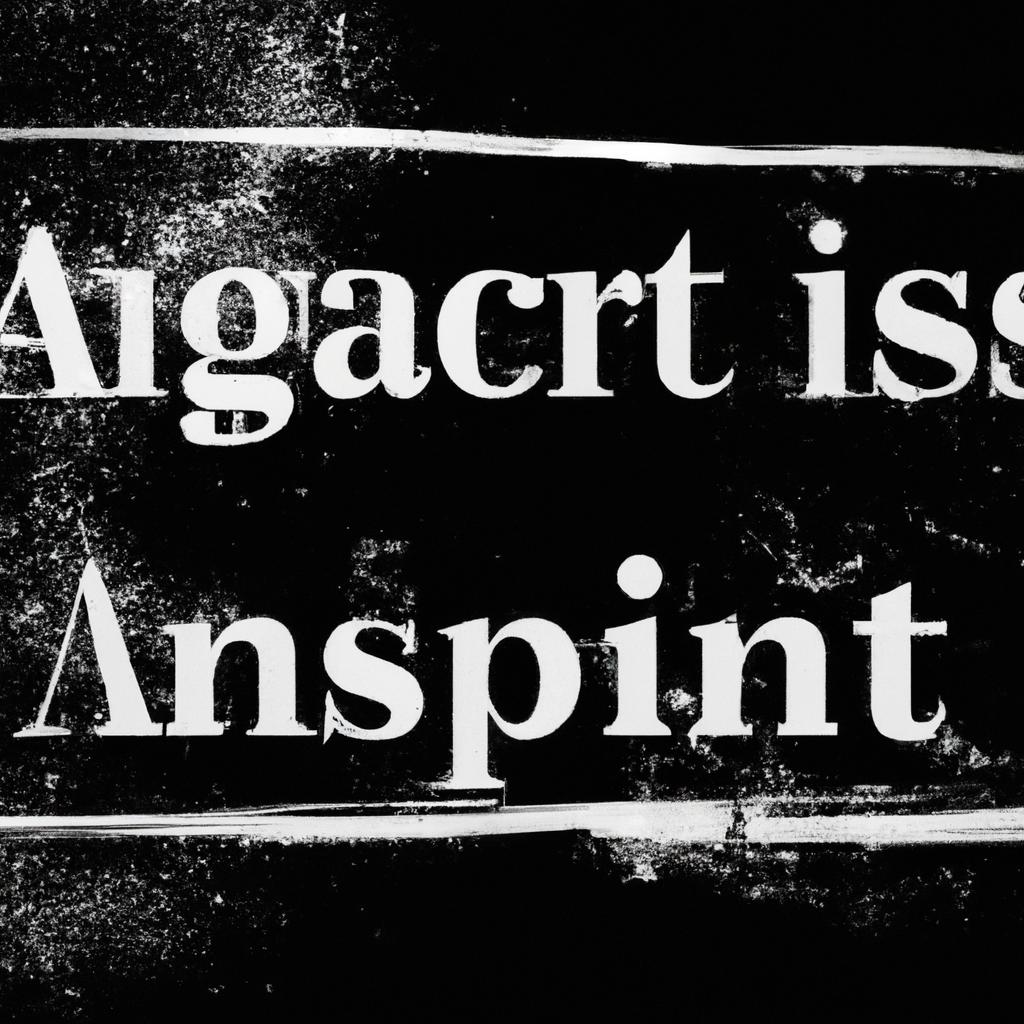In the intricate web of life, it is easy to overlook the significance of proper estate planning. Many individuals may believe that having a will is unnecessary or that their assets will naturally be passed on to their loved ones. However, failing to have a will in place can have far-reaching consequences, leading to uncertainty, disputes, and financial hardship for those left behind. As experienced lawyers at Morgan Legal Group in New York City, we have seen firsthand the repercussions of not having a will. Join us as we delve into the important question: What happens when you don’t have a will
Consequences of Dying Without a Will in New York State
When someone passes away without a will in New York State, their estate will be subject to the intestacy laws of the state. This means that the distribution of their assets will be determined by the courts, rather than by the individual’s wishes. Without a will in place, the deceased person has no say in how their estate will be divided, which can lead to unintended consequences and disputes among family members.
Furthermore, dying without a will can result in delays in the probate process and higher estate taxes. It is important to consult with an experienced estate planning attorney to ensure that your assets are distributed according to your wishes and to avoid the potential pitfalls of dying without a will.

Impact on Distribution of Assets Without a Will
When an individual passes away without a will in place, the distribution of their assets can become a complicated and lengthy process. Without a clear legal document outlining their wishes, the assets of the deceased will be distributed according to the laws of intestacy in the state where they resided. This means that the state will determine who inherits the assets, often prioritizing immediate family members such as spouses, children, and parents.
Without a will, individuals also lose the opportunity to designate specific beneficiaries for their assets or to make charitable bequests. This lack of control over the distribution of assets can lead to disputes among family members and may result in assets being distributed in a way that does not align with the deceased’s wishes. By creating a will, individuals can ensure that their assets are distributed according to their desires, providing clarity and peace of mind for their loved ones.

Legal Process and Costs of Intestate Succession
Intestate succession can be a complex and costly legal process that occurs when someone passes away without a will. When this happens, the state determines how the deceased person’s assets are distributed based on the laws of intestacy. This can lead to lengthy court proceedings and potentially contentious disputes among family members. Without a will, you lose control over who inherits your assets and how they are distributed.
It is important to understand that the costs of intestate succession can quickly add up. Legal fees, court costs, and other expenses can eat into the estate, leaving less for your loved ones. By creating a will and establishing a clear estate plan, you can ensure that your assets are distributed according to your wishes and minimize the . Don’t wait until it’s too late – contact us at Morgan Legal Group to discuss your estate planning needs today.

Importance of Seeking Legal Expertise for Estate Planning
Without a proper will in place, your estate may be subject to intestacy laws, which can result in your assets being distributed according to state laws rather than your wishes. This could lead to disputes among family members, delays in the distribution of assets, and unnecessary costs associated with probate proceedings. By seeking legal expertise for estate planning, you can ensure that your wishes are clearly documented and legally binding.
Additionally, without a will, the court may appoint a guardian for your minor children, which may not align with your preferences. Seeking legal expertise for estate planning can help you establish guardianship provisions in your will to ensure that your children are cared for by someone you trust. By working with a knowledgeable estate planning attorney, you can avoid potential pitfalls and protect your assets for future generations.
Q&A
Q: What happens to my assets if I don’t have a will?
A: Without a will, your assets will be distributed according to state laws, which may not align with your wishes.
Q: Who will make decisions about my estate if I don’t have a will?
A: The court will appoint an executor to handle your estate, which may not be someone you would have chosen.
Q: Can my loved ones be left without financial support if I don’t have a will?
A: Yes, without a will, your loved ones may face financial uncertainty and potentially lengthy legal battles.
Q: What happens to my minor children if I don’t have a will?
A: Without a will, the court will decide who will care for your children, which may not be someone you would have chosen.
Q: Can creating a will prevent these potential problems?
A: Yes, creating a will can ensure that your assets are distributed according to your wishes and that your loved ones are provided for.
In Summary
In this article, we explored the consequences of not having a will and the complexities that can arise for you and your loved ones. It is never too early to start planning for the future and ensuring that your wishes are carried out. By taking the time to create a will, you can provide peace of mind and clarity for your estate. Don’t leave your legacy up to chance – take control of your affairs and create a will today. Thank you for reading.


